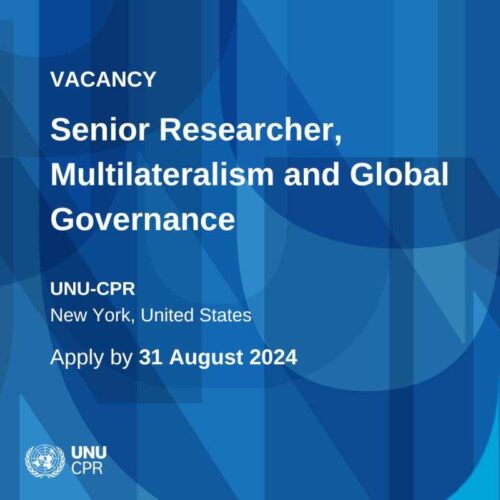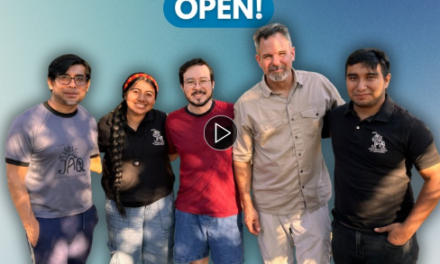
Free ILO Online Course:Making Universal Social Protection a Reality

This course provides an introduction to social protection, covering different issues including the human right to social security, the need for social protection over the life cycle, the process of building universal social protection systems and the key role of social protection in confronting the major challenges that the world is facing.
About this course
- 4 weeks, 2–4 hours per week
- Self-paced Progress at your own speed
- Free Access to course at no cost
Everyone, as a member of society, has the right to social security (Art. 22 of the Universal Declaration of Human Rights), regardless of where they live or who they are, simply because they are human beings. Yet, only 46.9 per cent of the global population are effectively covered by at least one social protection benefit, while the remaining 53.1 per cent are left entirely unprotected. This means that despite the progress made in many countries of expanding provisions, 4.1 billion people must still fend for themselves when their health, incomes or jobs are at risk, instead of all people standing together in solidarity and collectively ensuring that no one is unprotected. Even fewer people enjoy comprehensive protection against the whole range of risks and challenges which may occur over the life cycle, such as maternity, raising children, sickness, unemployment and disability benefits, old-age pensions as well as social health protection. Such comprehensive protection is needed for a dignified life, through entitlements solidly anchored in national law, providing people with peace of mind secure in the knowledge they can access adequate benefits and services if and when they need them.
In addition to being a human right, social security is a socio-economic necessity. It prevents or at least alleviates poverty and reduces vulnerability, social exclusion and inequality. From an economic standpoint, a healthier and better-educated workforce is more productive, supporting inclusive and sustainable growth. Social protection stimulates aggregate demand during economic recessions, thereby acting as an economic stabilizer, and facilitates and smoothens structural transformations, for instance from carbon-intensive to carbon-free sectors, by ensuring that workers have adequate support during these transitions.
This MOOC provides an introduction to social protection, its main concepts, needs for social protection and coverage over the life cycle, the basics of the design and implementation of social protection systems, including floors, and the central role of social protection in confronting the major challenges that the world is facing.
This course provides a useful resource for policy makers, social partners, civil society organizations, development actors, university students and others who may or may not be directly involved in social protection issues but who work or are likely to work in a related field such as development cooperation, public finances, economic and social development, rural development, environmental issues, etc.
Learn more about the course and enrol here: bit.ly/USP_MOOC





















